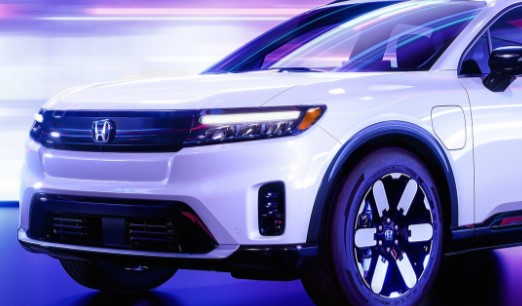Honda Motor Co. has agreed to use Tesla Inc.’s charging technology in its electric vehicles starting in 2025, the latest automaker to join the Tesla charging network.
Under the agreement, Honda will use Tesla’s North American Charging Standard (NACS) connector in all of its electric vehicles sold in North America. The NACS connector is a standard charging port that is used by Tesla and other automakers.
Honda said the agreement will give its customers access to Tesla’s vast charging network, which includes over 12,000 Supercharger stations in North America. The company also said the agreement will help to accelerate the adoption of electric vehicles.
“This agreement is a major step forward for Honda as we accelerate our electrification journey,” said Toshihiro Mibe, president and CEO of Honda Motor Co. “By adopting Tesla’s charging technology, we will be able to provide our customers with a convenient and reliable way to charge their electric vehicles.”
Tesla has been working to open up its charging network to other automakers in recent years. In 2021, the company announced that it would allow other automakers to use its Supercharger stations in Europe. The company has also said that it is open to working with other automakers to develop a universal charging standard.
The agreement between Honda and Tesla is a significant development for the electric vehicle industry. It is the first major agreement between an automaker and Tesla to use its charging technology. The agreement is likely to encourage other automakers to follow suit, and it could help to accelerate the adoption of electric vehicles.
In addition to the charging technology agreement, Honda and Tesla also announced a collaboration on battery technology. The two companies will work together to develop next-generation battery cells that are more efficient and affordable.
The collaboration between Honda and Tesla is a sign of the growing cooperation between automakers in the electric vehicle industry. As the industry moves towards a more sustainable future, automakers are increasingly working together to share resources and technologies.

